Representatives of Türkiye, the Turkish Republic of Northern Cyprus (TRNC), Greek Cypriots, Greece, and the United Kingdom will convene in Switzerland’s Geneva for a two-day informal meeting on Monday. Hosted by the United States, the meeting aims to build new steps to end the deadlock on the decadeslong question over the fate of the Mediterranean island of Cyprus.
Türkiye, Greece and the U.K. (which once ruled the island) represent the guarantor states at the meeting. Ankara strictly adheres to a two-state solution based on sovereign equality, which Turkish Cypriot President Ersin Tatar campaigned for.
Along with Ersin Tatar, Turkish Foreign Minister Hakan Fidan will attend the meeting. They will be joined by Greek Cypriot administration leader Nikos Christodoulides, Greek Foreign Minister Giorgos Gerapetritis and Stephen Doughty, the British minister of state for Europe, North America and Overseas Territories. U.N. Secretary-General Antonio Guterres will officially inaugurate the talks with a dinner he will host in Geneva. Guterres is also scheduled to hold separate discussions with each delegation before the general meeting of all sides.
The talks are expected to pave the way for a road map on the future status of communities in Cyprus. They are not expected to generate a landmark outcome overnight, but may push the process a little after years of deadlock as relations between relevant parties gradually changed for better or worse over decades.
Turkish Cypriots often pursued an approach that safeguarded the rights of the community, though it was open to concessions in the past, including a bicommunal federation. Under Tatar, who was elected in 2020, it adopted a more hawkish tone and persisted in sovereign equality and two states on the island. TRNC sees recognition of sovereign equality and equal international status by the international community as a priority to resume talks with Greek Cypriots for a fair, permanent and lasting solution to the question. Tatar and Turkish President Recep Tayyip Erdoğan reiterated this view on international platforms, particularly at the U.N.
Meanwhile, Greek Cypriots, which enjoy international recognition under the name of the “Republic of Cyprus,” insist on the bicommunal federation model, which the sides failed to reach an agreement upon in their previous talks.
Although talks may not achieve a significant breakthrough, the sides are also expected to discuss “cooperation” to help improve the day-to-day life of two communities on the divided island where territorial claims created de facto challenges for Turkish and Greek Cypriots.
The sides last held talks in Geneva in the same format in April 2021. Tatar presented a six-point solution proposal back then. One of those points urged the U.N. Secretary-General to take action for a U.N. Security Council resolution for equal international status and to ensure sovereign equality of the two sides. Greek Cypriots flatly rejected it, essentially leading to a collapse of the talks.
The two sides are disproportionately “equal” in terms of international status. Türkiye is the main backer of TRNC, along with a bunch of Turkic states, while Greek Cypriots boast the support of the EU they were admitted into and most of the Western countries. However, Türkiye’s rising profile in the region may be sufficient to reach a deal. Tatar recently referenced Türkiye as a “homeland that will stand with us at the table in Geneva.” The Turkish Cypriot president maintains close ties with Ankara, unlike the previous administrations of the TRNC, which have been at odds with Türkiye on a solution to the Cyprus question.
Although Türkiye does not recognize the Republic of Cyprus, it recently accelerated efforts for a rapprochement with its historic foe, Greece, the main backer of the Greek Cypriots. Athens and Ankara increased the number of mutual visits and issued the most positive messages ever in developing ties this side of Mustafa Kemal Atatürk’s welcoming of Greek Prime Minister Eleftherios Venizelos eight years after the Greek defeat at the hands of the Atatürk-led army in Türkiye. Greece and Türkiye still differ on the Cyprus question, but their rapprochement may push the sides on the island closer as well.
Tatar also said in statements published by media outlets ahead of the Geneva talks that they were ready to cooperate with Greek Cypriots, particularly on energy and water, as well as the operation of border gates. He said they could pursue a “win-win formula” such as finding a way for direct flights and commerce between TRNC and other countries.
Turkish Cypriot Foreign Minister Tahsin Ertuğruloğlu downplayed the likelihood of progress.
“The Greek Cypriots want to use the opportunity (meeting) to … pick up the negotiation from where they were left off (in 2017),” Ertuğruloğlu told Reuters recently. “For us, it is an opportunity to reiterate how we see the way forward: two separate, sovereign, equal states.” “There is no likelihood of establishing a partnership with the Greek Cypriots, so why bother? Why insist on a proven failure of a formula? It’s our question to the U.N.,” he added.
The conflict has long been on the agenda of the U.N., which has kept a peacekeeping force on the island since 1964.
The island of Cyprus has been mired in a decadeslong struggle between Greek and Turkish Cypriots, despite a series of diplomatic efforts by the U.N. to achieve a comprehensive settlement. Five decades of Cyprus talks have led nowhere.
In the early 1960s, ethnic attacks forced Turkish Cypriots to withdraw into enclaves for their safety. In 1974, a Greek Cypriot coup aiming at Greece’s annexation of the island led to Türkiye’s military intervention as a guarantor power to protect Turkish Cypriots from persecution and violence. The TRNC was founded in 1983. The island has seen an on-and-off peace process in recent years.
The Greek Cypriot administration entered the EU in 2004, the same year that Greek Cypriots thwarted the U.N.’s Annan plan to end the decadeslong dispute, which had envisaged a reunited Cyprus joining the EU. The status of the island remains unresolved in spite of a series of negotiations over the years.
Turkish Foreign Ministry sources said on Sunday that the Geneva talks would focus on the future and were “never a part of past negotiation processes” or “beginning of new negotiations.” During a visit to the TRNC in January, where he met the president and prime minister, Fidan reiterated the Turkish pledge for solidarity with the TRNC and cooperation. Fidan has underlined that a two-state solution was the only realistic solution for the island and emphasized that Türkiye was ready to make a constructive contribution to the process to that extent.

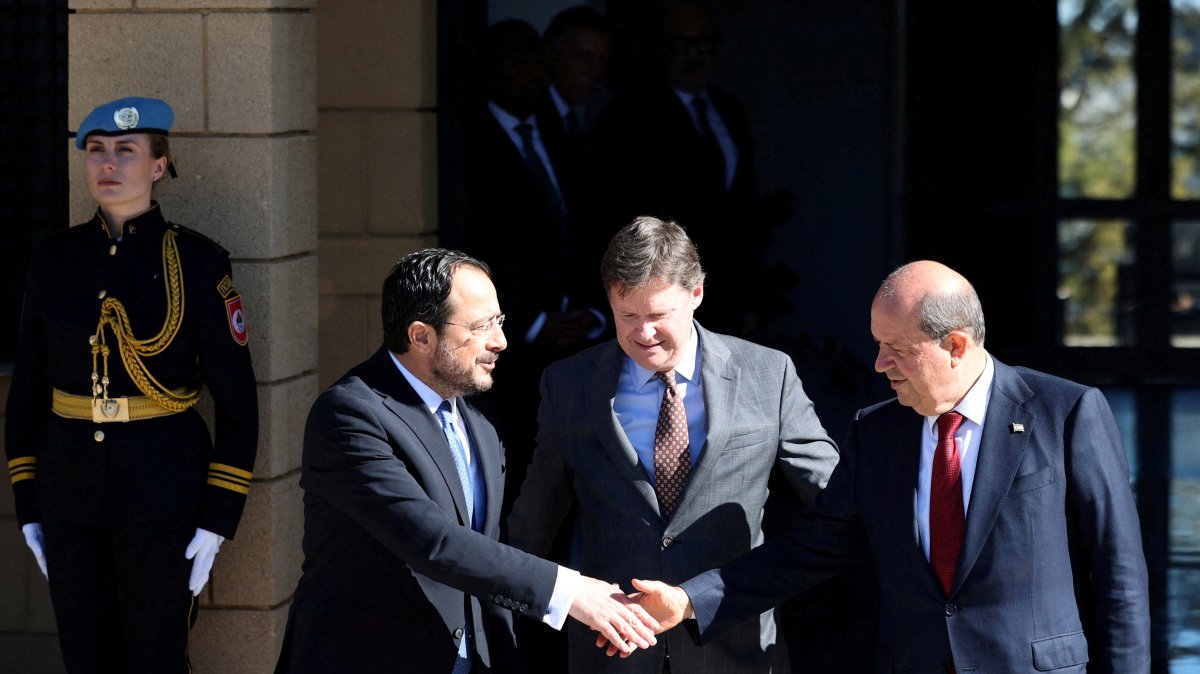
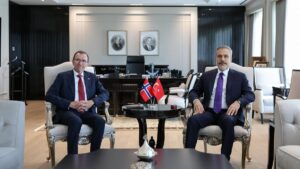
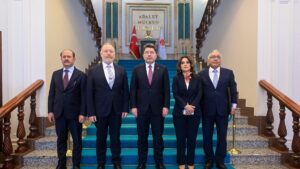

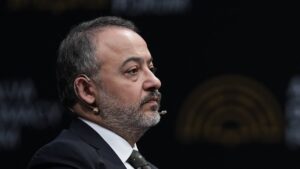
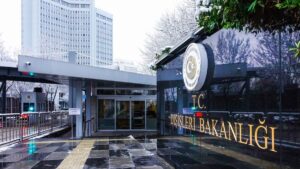
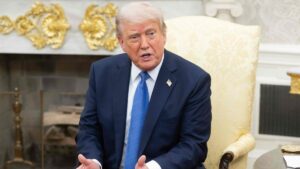
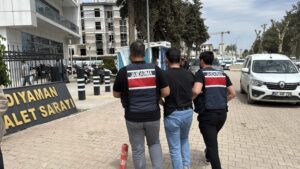
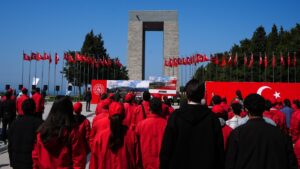
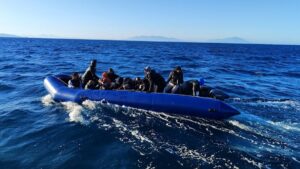
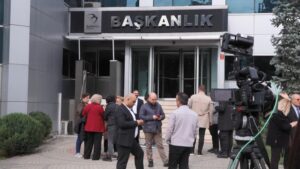
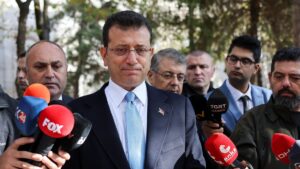
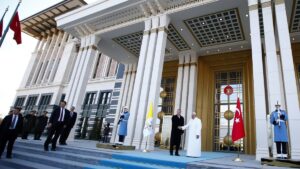
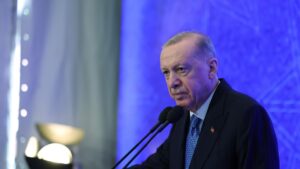
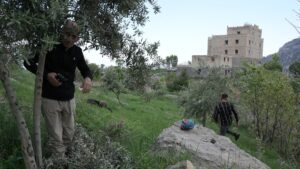
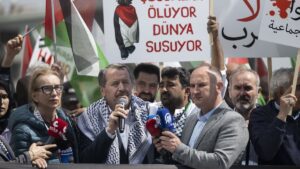

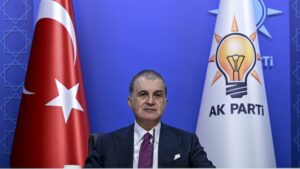
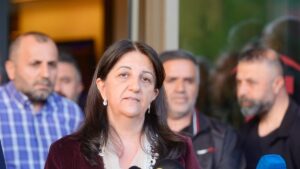

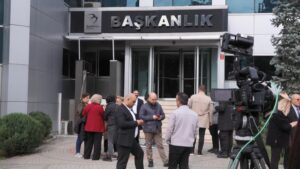
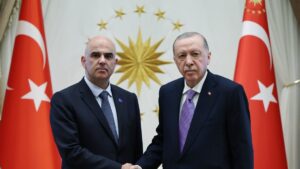

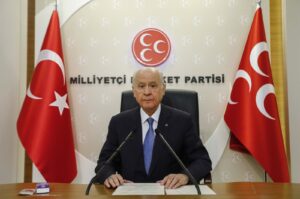
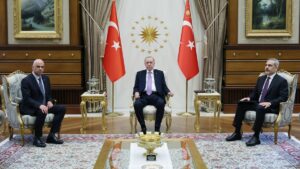
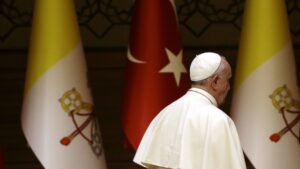
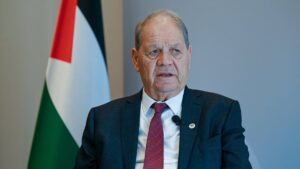
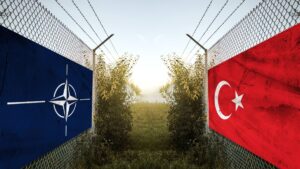

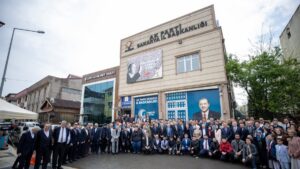

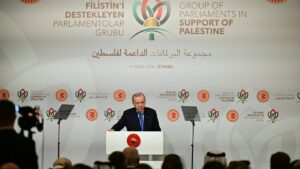
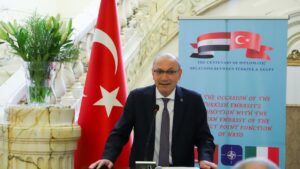
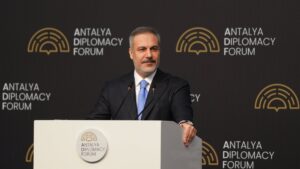

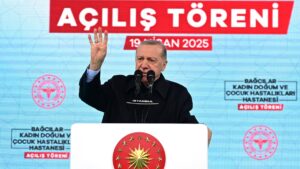

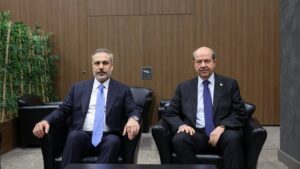
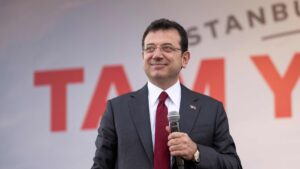

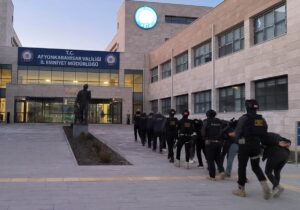
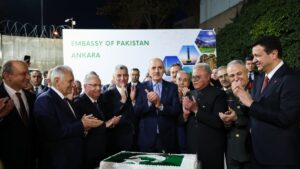
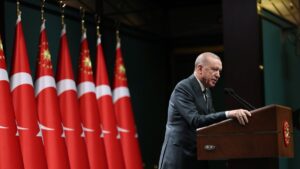

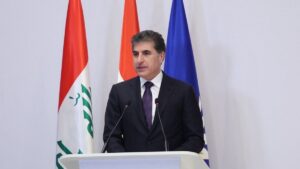
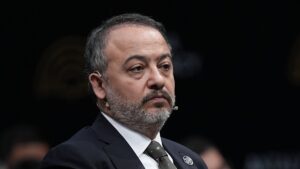
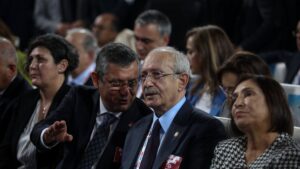
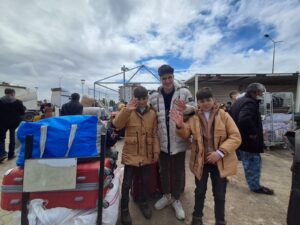
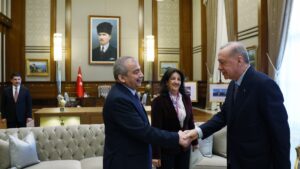
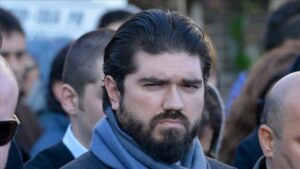
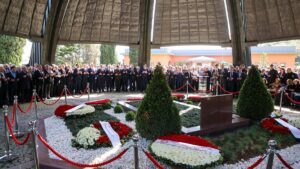
Be First to Comment